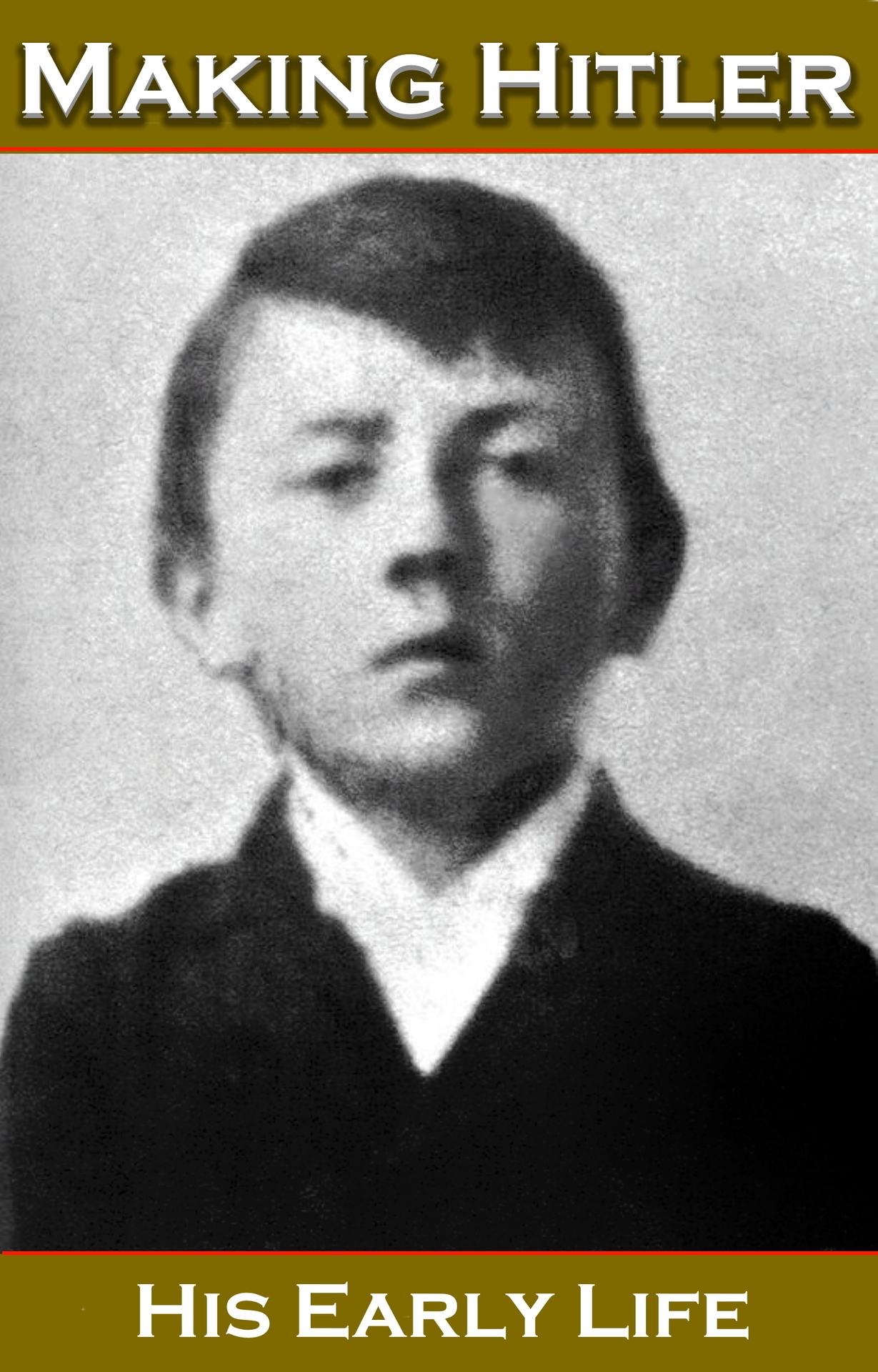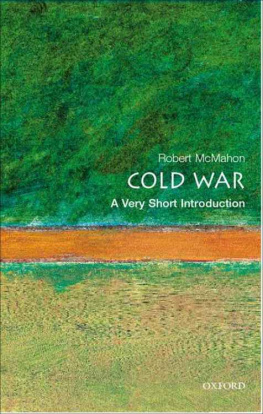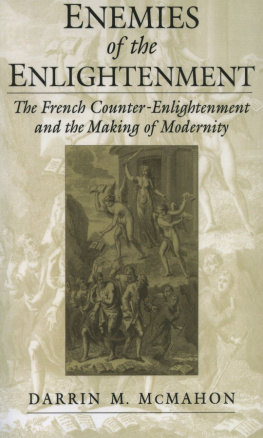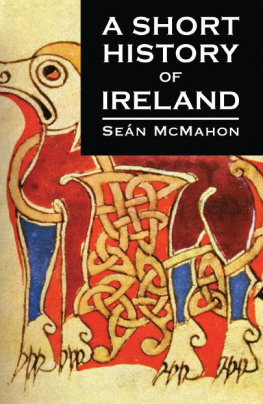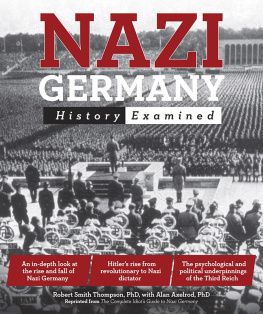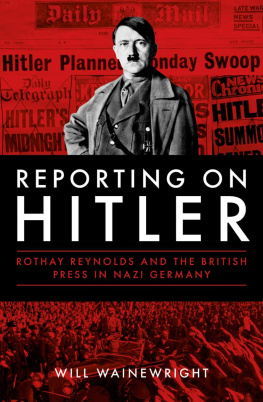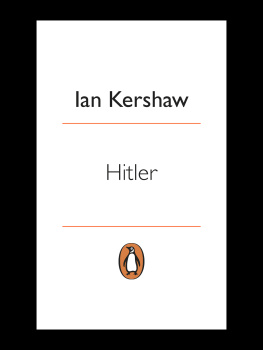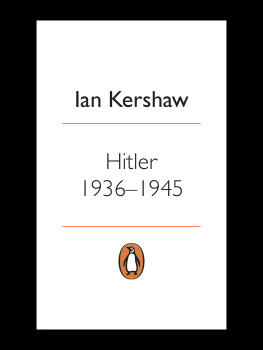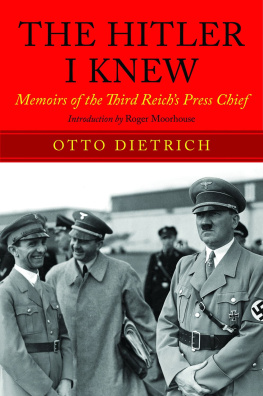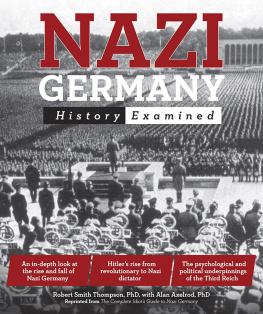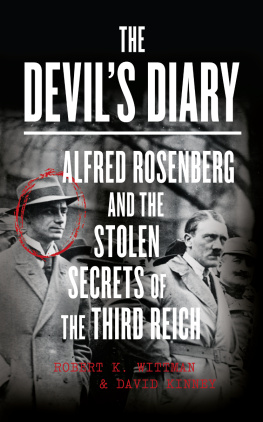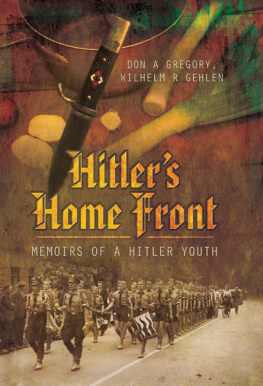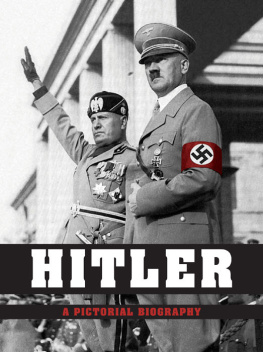Making Hitler
His Early Life
Jennifer McMahon
Copyright 2020 Jennifer McMahon
All rights reserved
The characters and events portrayed in this book are fictitious. Any similarity to real persons, living or dead, is coincidental and not intended by the author.
No part of this book may be reproduced, or stored in a retrieval system, or transmitted in any form or by any means, electronic, mechanical, photocopying, recording, or otherwise, without express written permission of the publisher.
Contents
ABOUT THIS SERIES
T he Making Hitler and BREAKING HITLER series of books describe in simple terms, though without sacrificing the details, the important events in the history of the Third Reich. The history of Nazi Germany is complex, and often hard for the casual reader to grasp. So much was happening at the time, and there was so much political intrigue, that the simple story is easily lost. These books bring back the story, in plain language that makes reading them a pleasure.
If you enjoy reading this book, then please tell your friends about it, and also check out the other volumes currently available in the series. More books will be added regularly, so that you can always be certain of gaining an understanding of this most important period of world history.
BOOKS IN THIS SERIES
MAKING HITLER
His Early Life
The Beer Hall Putsch
The Reichstag Fire
Night Of The Long Knives
BREAKING HITLER
The Desert War
Coming soon!
MAKING HITLER
Birth Of The Nazi Party
Getting Into Power
BREAKING HITLER
The Intelligence War
D-Day
Stalingrad
Battle Of Kursk
Battle Of Britian
Assassination Attempts
Road To Berlin
Fall Of Berlin
INTRODUCTION
B erlin 1945 : In the gloomy Fhrer Bunker under the Reichschancellory, Adolf Hitler is a broken man. He is old before his time, bloated, bent over and has a pronounced shake. He is delusional, moving non-existent armies around his maps, screaming at his generals, expecting that at any moment his scientists will unveil a wonder weapon to turn the tide of war in Germanys favour once again. Above his head the Russians are closing in and Berlin, like many other German towns and cities, lies in ruins. He has managed to snatch defeat from the jaws of victory through his failure as a military leader, yet he still cannot see it. He is certain that the fault lies not with himself but with others.
But right up to the end, he is certain of one thing: that the true enemy was the Jew. History, he believes, will ultimately prove him to be right. The following passage from Mein Kampf announced his credo to the world.
Should the Jew, with the aid of his Marxist creed, triumph over the people of this world, his Crown will be the funeral wreath of mankind, and this planet will once again follow its orbit through ether, without any human life on its surface, as it did millions of years ago. And so I believe to-day that my conduct is in accordance with the will of the Almighty Creator. In standing guard against the Jew I am defending the handiwork of the Lord.
Since then he had seduced a nation, won battle after battle, stormed across Europe and the Russian Steppes, levelled towns and cities, came close to exterminating the Jewish population of Europe, and killed tens of millions of people. All this, and he was at the time of his death only fifty six years old. Considering that his first venture into politics was in September 1919 (when he attended his first meeting of the German Workers Party the DAP), he had done all of this in just twenty five and a half years.
At the end of his days, Hitler dictated his last will and testament, and in it said:
Above all, I oblige the leadership of the nation and its followers to a meticulous observance of the racial laws and to a merciless resistance to those world-wide poisoners of all Vlker, international Jewry.
What had happened in this mans life that had filled him with such hatred and enabled him to inspire a modern European nation and its people to follow him to their own destruction? It is a well accepted fact that a combination of nature and nurture form an individuals basic character. The influence of others in our lives shapes and molds our personalities, and for better or worse, make us who we are. There is of couse some choice involved on the individuals part; we can choose not to be anti-Semetic, we can choose life over murder, good over evil. But the influences we have been subjected to by peers, teachers, parents, siblings, culture and media, and the events that we experience, all help to define us.
Chance meetings, coincidences, good and bad luck, as well as influencing our characters, can provide us with new options and new opportunities, and can sometimes determine the course our lives take. From his birth in 1889 until his final days in the bunker in Berlin, Adolf Hitlers character was shaped and molded by himself, by others, by cultural and political influences, by pivotal meetings and by circumstance. Perhaps without these pivotal meetings and events, Hitlers life, and the lives of tens of millions, could well have been very different.
A TYRANT IS BORN
I n Mein Kampf Adolf Hitler retrospectively imbues his birthplace of Braunau am Inn with some significance. The small town is in upper Austria, which at that time was part of the multi-state and multi-cultural Austro-Hungarian Empire. The population of the empire was a mix of Germans, Czechs, Slovaks, Poles, Ruthenians (Ukrainians), Slovenes, Serbs, Croats, Italians, Rumanians and Hungarians. Nationalist feelings ran strong, and there were growing tensions between the various ethnic groups, including the German nationalists who felt that their culture and status were under threat. They had been wrongly excluded, they believed, from the German Empire, and many longed for the unification of Germany and Austria. As Hitler later wrote:
It has turned out fortunate for me to-day that destiny appointed Braunau-on-the-Inn to be my birthplace. For that little town is situated just on the frontier between those two States the reunion of which seems, at least to us of the younger generation, a task to which we should devote our lives and in the pursuit of which every possible means should be employed.
Georg Ritter von Schnerer, a German nationalist and radical politician, founded the Pan-German Society in 1891. He demanded that all German-speaking areas of the Austro-Hungarian Empire be ceded to the German Empire. The movement was supported by many, but not all, Germans in Austria. Members of the pan-German movement wore blue cornflowers, known to be the favourite flower of German Emperor William I, and wore the German national colors of black, red and gold to show their allegiance to the German Empire. Both symbols were temporarily banned in Austrian schools.
Although there were anti-semitic stirrings, there were no overt acts or pogroms against the Jewish population. Hitler himself said that he did not, as a youth, ever remember hearing the word Jew mentioned at home. His father Alois was apparently quite liberally minded he said, although August Kubizek, Adolfs childhood friend disagreed:
The debating table at the inn to which the latter [Alois Hitler] habitually repaired had embraced the ideas of Schnerer. Therefore, Hitlers father would definitely have been anti-Jewish.
It is quite likely that the son was aware of his fathers politics even at a young age, even if only vaguely so. Nonetheless it is many years later that we begin to see the first real signs of his anti-Semitism. In Mein Kampf he says:

